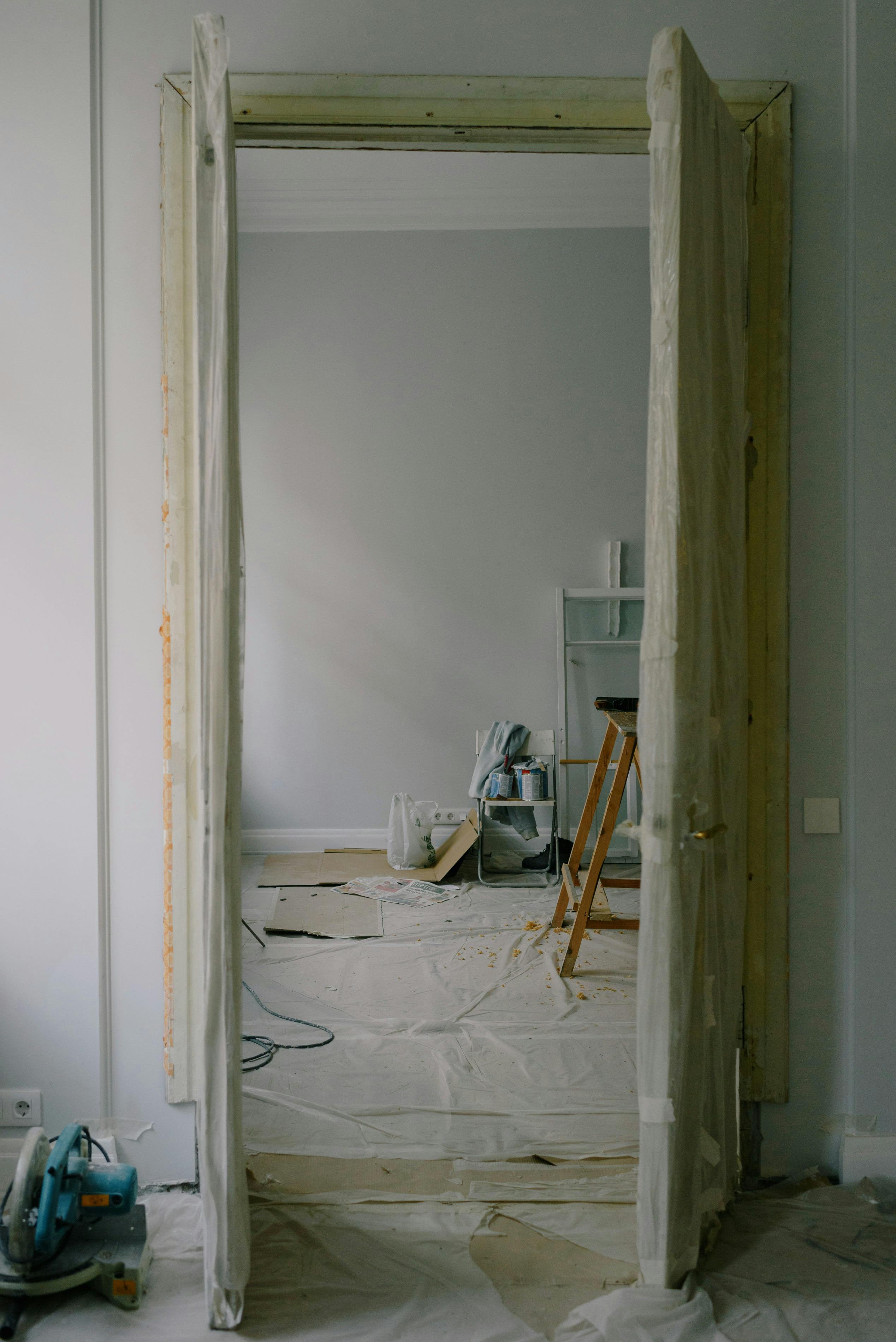
Introduction
Welcome to the ultimate guide that will assist you in making an informed decision as you pick between composite doors and uPVC doors for your home’s exterior renovation. When planning an exterior renovation, the door choice can significantly impact the overall look, security, insulation, and the value of your home. As such, this guide aims to provide a comprehensive comparison of both Composite and uPVC doors, discussing their benefits, drawbacks, and everything in between.
Understanding Composite and uPVC Doors
Unplasticized PolyVinyl Chloride, or uPVC, is a well-known product in the door and windows market for its durability, energy efficiency, and affordability. It's a material designed to last and doesn’t require you to carry out regular maintenance tasks. On the other hand, composite doors earned their name from their composition, which amalgamates several robust materials, including PVC, wood, insulating foam, and thermo-resistant plastic.
The Aesthetics of Composite and uPVC Doors
When it comes to home improvements, visual appeal carries substantial weight. Composite doors have clear advantages over uPVC doors. They are available in a plethora of designs, colours and finishes, easily mirroring the warm traditional vibe of wooden doors or offering a modern look, depending on your preference. Thanks to the grained external surface, a composite door's aesthetic credentials are hard to dispute.
Contrarily, uPVC doors come in fewer styles and designs. However, with advancements in technology, uPVC doors now come in an array of colours and finishes, giving homeowners more customization options than ever before.
Durability and Maintenance
When comparing composite doors vs. uPVC doors under durability and maintenance, both door types have commendable features. Composite doors are robust, secure and highly durable, owing to the combination of materials they are made from. Composite doors are built to withstand adverse weather conditions without warping, rusting, fading or flaking.
On the other hand, uPVC doors, known for their strength and longevity, are resistant to rot and rust, offering a decent lifespan. Though it might not match the high-end durability of composite doors, the uPVC does come close with proper care.
Energy Efficiency and Insulation
If you desire a thermally efficient door, both composite and uPVC doors shine. Composite doors come with high-end insulating properties due to their solid core and double or triple glazing. Similarly, uPVC doors offer commendable thermal performance with energy-efficient double-glazed panels.
Cost Factor
On the cost front, there's a noticeable difference. Composite doors come with a higher price tag compared to their uPVC counterparts. However, the cost can be justified by composite doors' superior resilience, aesthetic appeal, and synergetic blend of materials.
On the contrary, if you're budget-constrained, uPVC doors can make an excellent choice. They are more affordable and offer significant efficiency, durability and a range of designs, earning their popularity in the home improvement sector.
Security Features
In terms of security, both door types offer substantial secure elements. Composite doors, due to their solid core structure and unique mix of materials, provide superior security. Also, they often come with high security multi-point locking systems.
Meanwhile, uPVC doors also come fitted with multi-point locking systems and are extremely robust, resisting forced entries to a great extent. However, one might argue they fail to match the superior strength of a composite door.
Conclusion: Which Door is the Right Choice for Your Exterior Renovation?
Choosing between Composite and uPVC doors for your exterior renovation is a long-term investment. If budget isn't a constraint and you fancy a high-end luxurious look, the durable, highly secure, and aesthetically pleasing composite doors are ideal for you.
On the other hand, if price is a significant deciding factor, uPVC doors, with their affordable price range, resilient nature, and energy efficiency, make a decent choice for homeowners. Ultimately, the final decision lies with you – the homeowner, based on your specific requirements, budget, and personal preference.